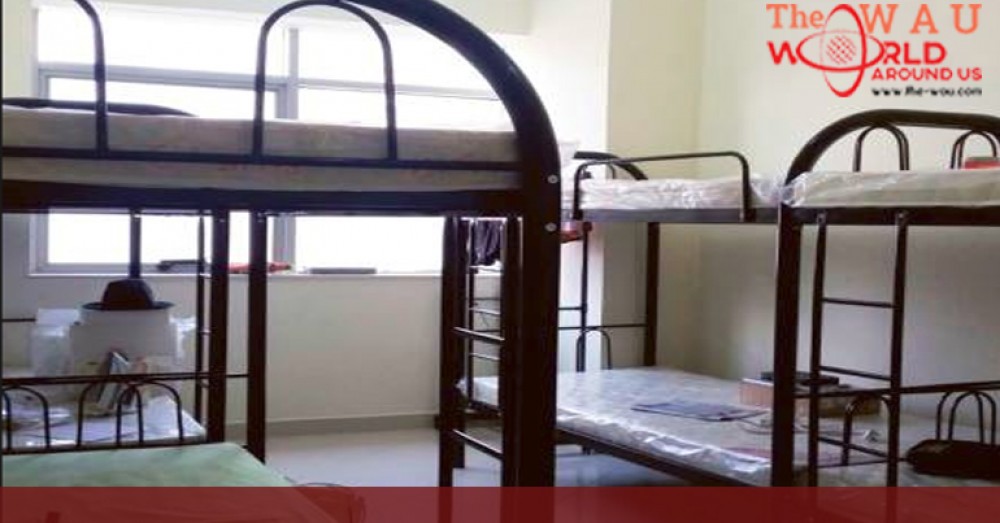More than 800 people have been prosecuted in Abu Dhabi courts in the last 30 months for violating housing rules by living in apartments or villas shared with families, a senior official of the Abu Dhabi Judicial Department said on Wednesday.
According to the department’s statistics, 98 people have been penalised by the court so far this year for sharing villas or apartments. As many as 434 cases of housing rule violations were recorded in 2017, compared to 297 cases in 2016.
The Abu Dhabi Judicial Department held a meeting on the ‘Group housing in the emirate of Abu Dhabi — Its rules and effects’ here on Wednesday.
The rules permit only one family to live in a villa or apartment; sharing the property with insufficient space by a group of people is not allowed as it poses threats to the safety and security of the people, regulations state.
Counsellor Mohammad Rashid Al Danhani, director of Baniyas Prosecution in Abu Dhabi, said: “The fines for housing rule violators range from Dh10,000 to Dh100,000. In case of repetition of the crime, the fine could go up to Dh200,000.
“The courts will also order the tenants to vacate the residential units and ask officials to end the violation at the expense of the violators.
“These bachelors or families who share an apartment or a villa pose a serious threat to other families, especially children, who live in the building, and they also deface the city’s image by littering and dumping garbage at undesignated places.”
When an apartment is shared by a number of families or individuals, the electrical equipment and electricity meters are overloaded and pose a serious threat to the safety of all who live in the building. It may lead to short circuits and fires, Al Danhani said.
Besides, such groups of tenants consume lots of electricity and water and pile up garbage when they live in one housing unit, which is unhygienic.
He also said such crowding in residential areas can lead to illegal activities like unlicensed trading, liquor sales and prostitution.
Another violation noticed in such buildings is running trades without licences. The court registered 11 such cases so far this year, 279 cases in 2017 and 118 cases in 2016.
Al Danhani said there had been cases of people found running small businesses from the apartments and villas. Mostly, they were selling items among the people who lived there, which was illegal. Another issue was disfiguring the city’s image. As many as 146 people were prosecuted for disfiguring the city’s image this year, while 383 were penalised last year and 27 fined in 2016.
Al Danhani said all units falling under the residential category are permitted to be rented out, while residential buildings in farms are not.
Such unauthorised living doesn’t permit its residents to obtain registered Tawtheeq (rental) contracts from the Abu Dhabi Municipality and other services, Al Danhani said.
He called on real estate agents to stop renting their units for group housing and urged residents to report such cases to the municipal authorities.
Violation of housing rules
Sharing accommodation
98 cases so far this year
434 in 2017
297 in 2016
Running a trade from housing units
11 cases this year
279 in 2017
118 in 2016
Disfiguring the city’s image
146 prosecuted this year
383 penalised in 2017
27 fined in 2016
Share This Post















